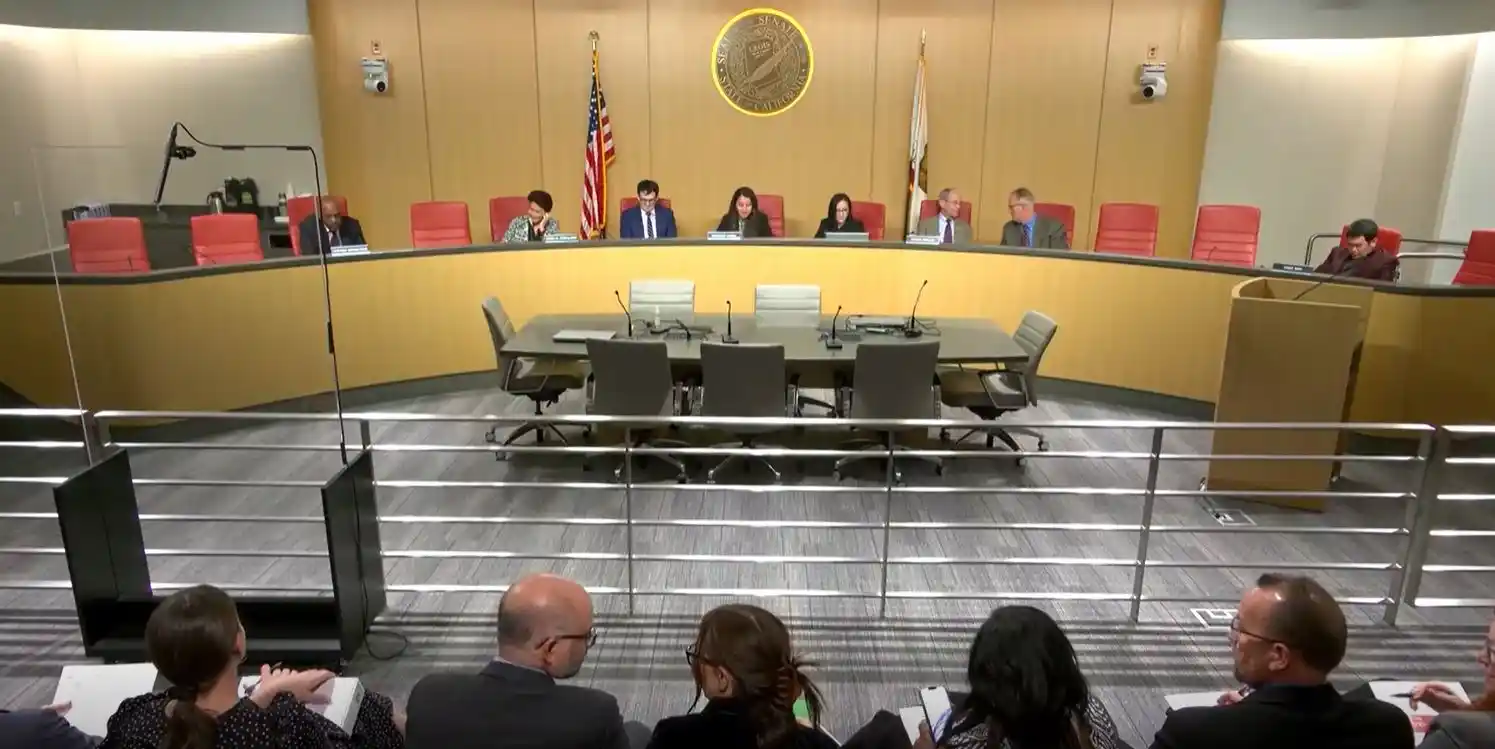To regulate or not to regulate? For many lawmakers, that is the question surrounding cryptocurrency exchanges.
Some countries have already begun to regulate cryptocurrency exchanges as they would banks. South Korea, for example, recently unveiled plans to recognize its local exchanges as regulated banks. Several proponents of this regulation argue that it prioritizes investor protection, thereby lending credibility to the cryptocurrency industry.
Not all cryptocurrency investors share their enthusiasm.
Opponents of the regulation in question praise cryptocurrency because it facilitates dynamic collaboration. They view a decentralized network as essential to cryptocurrency’s success, and regulator intervention threatens blockchain technology’s decentralization.
But which party is correct in its thinking? The supporters of a more regulated cryptocurrency industry? Or the proponents of a more decentralized network?
Can cryptocurrency exchanges actually be regulated like banks?
We’ve put together a list of the pros and cons of treating cryptocurrency exchanges like traditional banks. Here’s what we concluded:
How Regulating Cryptocurrency Exchanges Like Banks Could Work
Let’s get one thing straight:
Working in a heavily-regulated industry is exhausting. Conducting business becomes difficult when companies have to satisfy a long checklist of requirements just to keep their doors open.
We have to admit, however, that additional regulation could come with some benefits for the cryptocurrency industry. These potential benefits include:
The Legitimacy Argument
The Blockchain Intelligence Group estimates that illegal activity comprises about 20% of the transactions of five major cryptocurrencies. Though this activity only accounts for a minority of the transactions, it has damaged cryptocurrency’s reputation.
And not just amongst the general population.
Some big names have advised against investing in cryptocurrency. Dennis Gartman, a commodities guru, referred to bitcoin as a market for criminals. Tim Chen, who has a seat on the Consumer Advisory Board of the Consumer Financial Protection Bureau (CFPB), declared cryptocurrency a good investment only if you like gambling with your savings.
So how would regulating cryptocurrency exchanges like we do banks alter public opinion?
The industry stands to gain credibility on more than one front, one of which has everything to do with stabilizing cryptocurrency’s value. It’s not an exaggeration to think that cryptocurrency’s volatility has caused some reluctance on the part of potential investors. According to ex-market regulator Bart Chilton, further regulating the industry could help combat cryptocurrency’s volatility and encourage cautious investors to make the leap.
Benefits Of Increased Consumer Protection
Legitimacy aside, the cryptocurrency industry could arguably benefit from federal regulations which prioritize consumer protection.
And consumers are in dire need of protection in this industry. Cryptocurrency scams are too common (so common that we’ve already written a guide on how to spot a cryptocurrency scam). Not only that, but protecting consumers’ data and assets isn’t currently one of the industry’s strengths; in fact, 68% of exchanges in North America and Europe allow customers to trade currencies without formal identification.
Just imagine walking into a bank, providing a simple name and email address, and walking out with a handful of cash.
Of course, these types of trades don’t occur at banks, which is exactly why proponents of stricter regulations want cryptocurrency exchanges to adhere to the same rules as banks. They believe that consumers should have to jump through more hoops to access their cryptocurrency, and they’re not necessarily wrong.
Why Regulating Exchanges Like Banks Couldn’t Work
Legitimacy and the prioritization of consumer protection would no doubt benefit the cryptocurrency industry. Even so, we can’t ignore all of the reasons why regulating exchanges like banks couldn’t work.
To put things simply:
A one-size-fits-all approach has several drawbacks. Many of the compliance requirements banks must satisfy would have no practical compliance application in the cryptocurrency space. Further still, regulating cryptocurrency exchanges like banks could potentially eliminate some of the unique advantages of investing in cryptocurrencies.
Let’s explore these ideas in more detail.
Cryptocurrency Isn’t Fiat Money
Cryptocurrency isn’t fiat money, nor should we treat it as such. Our faith in fiat money stems from its centralization and its status as legal tender.
Our faith in cryptocurrency, however, stems from just the opposite.
Many supporters of cryptocurrency have taken a liking to it because of its decentralization. It offers a refreshing alternative to fiat money that is governed by local regulators. Instead of relying on currencies which are controlled by small groups of lawmakers, these supporters can put their faith in cryptocurrencies over which they (and their peers) feel they have meaningful authority.
Cryptocurrency’s Ease Of Access Could Disappear
The fact that cryptocurrency isn’t fiat money is also significant in less sentimental ways. Its ease of access and the cryptocurrency industry’s lack of extensive regulation have already begun knocking down barriers for entrepreneurs.
Before governments began regulating cryptocurrencies, small businesses and startups didn’t have to go through any of the regulatory processes which exist today to establish themselves as cryptocurrency firms. The barriers to entry were minimal, which encouraged participation in the cryptocurrency industry.
And these barriers weren’t just minimal for entrepreneurs.
As more entrepreneurs established cryptocurrency firms, more consumers had opportunities to acquaint themselves with cryptocurrency and reap its benefits. Blockchain technology offers customers an effective alternative to the traditional banking systems we have in place. If new regulations discourage participation in this industry, however, consumers don’t ever get to see these benefits.
So Can Cryptocurrency Exchanges Be Regulated Like Banks?
Unfortunately, the answer to the question isn’t obvious. We must admit that both supporters and opponents of the regulation in question make valid points.
Regardless of the answer, the industry should be making attempts to actively regulate itself. It should constantly be strengthening its day-to-day compliance and emphasizing consumer and data protection.
As cryptocurrency exchanges and other cryptocurrency businesses make these necessary improvements, we might just see the industry move towards a broader set of compliance standards that organically come to resemble bank licensure requirements.




